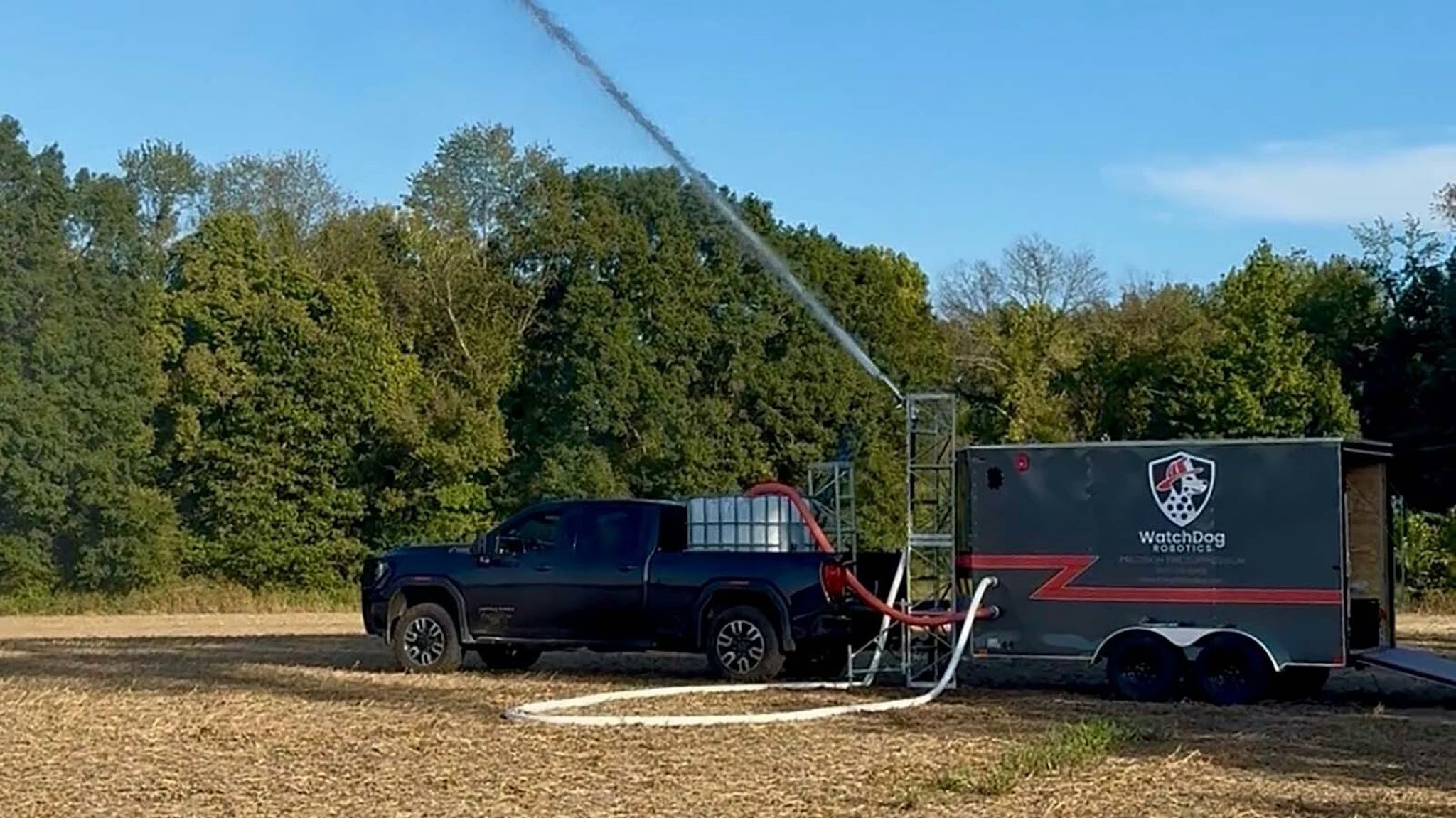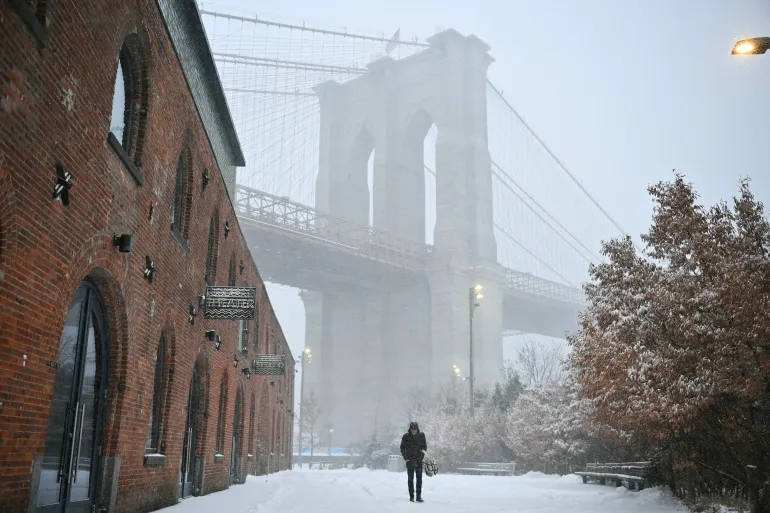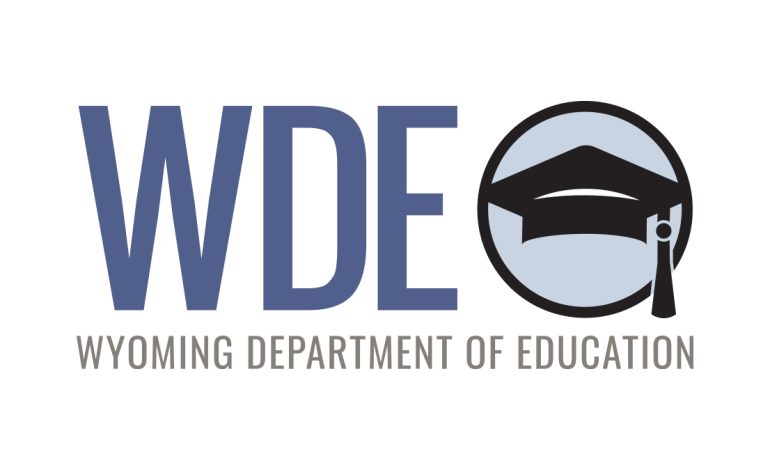As an educator in Wyoming, my commitment has always been to the success of every student, regardless of their background, ZIP code, or family income, Gillette News Record reports.
Every day, I stand before a classroom filled with young minds eager to learn, representing the 93% of Wyoming’s school-age children who rely on public schools for their education. I am their advocate, mentor, and guide, and today, I must also be their voice.
House Bill 199 (HB199), known as the “Wyoming Freedom Scholarship Act,” threatens to undermine the foundation of public education in Wyoming by diverting public funds to private schools, homeschooling, and unregulated education vendors through the expansion of the Education Savings Account (ESA) program. While the bill is framed as an expansion of “school choice,” its true implications are far more damaging. Instead of prioritizing education, HB199 prioritizes money, creating an unaccountable system that will drain resources from public schools while benefiting only a select, privileged few.
The public comment session for HB199 was held during school hours, which meant that educators—those who work directly with Wyoming’s students every day—were excluded from the discussion. While lawmakers debated the future of public education, I was in my classroom, teaching the students whose futures are at risk. Meanwhile, lobbyists and special interest groups had a direct line to the decision-makers.
The impact of bills like HB199 is not hypothetical—we can look to other states for evidence of the consequences. Arizona’s ESA program, initially designed as a modest initiative, has ballooned from an estimated $65 million to a staggering $429 million. Unfortunately, most of the ESA recipients in Arizona were already attending private schools, meaning that the program primarily subsidized tuition for wealthier families, rather than expanding opportunities for low-income families. This is not school choice—it’s public school defunding. Arizona’s ESA program has also been plagued by fraud and waste, with taxpayer money being misused on luxury vacations, high-end electronics, and personal expenses, rather than being used to educate students.
Montana’s ESA program, the Montana Academic Prosperity Program for Scholars (MAPPS), provides $7,289 per student, but for many families, this amount is insufficient to cover private school tuition. As a result, the program primarily benefits wealthier families who can afford to supplement the funding, while low- and middle-income students remain in underfunded public schools. The burden of these programs falls on public schools, which face larger class sizes, fewer resources, and the loss of crucial extracurricular programs. This is not expanding opportunity—it’s defunding public education and leaving behind those who need it most.
Despite these clear failures in Arizona and Montana, Wyoming lawmakers are pushing forward with a similar plan through HB199. Instead of ensuring that every child—regardless of their family’s income—has access to a fully funded, high-quality education, HB199 will:
- Drain public school resources: Like in Arizona and Montana, Wyoming’s public schools will lose millions of dollars, leading to larger class sizes, fewer resources, and the potential closure of critical programs.
- Eliminate accountability: The bill removes oversight on how taxpayer funds are spent, allowing money to go toward unregulated private and religious schools, many of which may discriminate against students and fail to meet state education standards.
- Privatize education: HB199 treats education as a financial product, rather than a public service, turning a right into a privilege for those who can afford it.
The ones who will pay the price are Wyoming’s children—the 93% of students who remain in public schools. As funds are siphoned away from these institutions, the quality of education will suffer, further widening the gap between those who can afford private education and those who cannot.
This is not just a policy decision—it’s a moral one. Once public education is dismantled, there is no going back. If you believe in protecting a fully funded, high-quality public education system for all students, I urge you to make your voice heard and tell your legislators to vote no on HB199. While many educators, including myself, were unable to testify during the public comment session, we still have the opportunity to act.
Reach out to your legislators today and stand up for Wyoming’s public education. Our children’s futures depend on it.










The latest news in your social feeds
Subscribe to our social media platforms to stay tuned